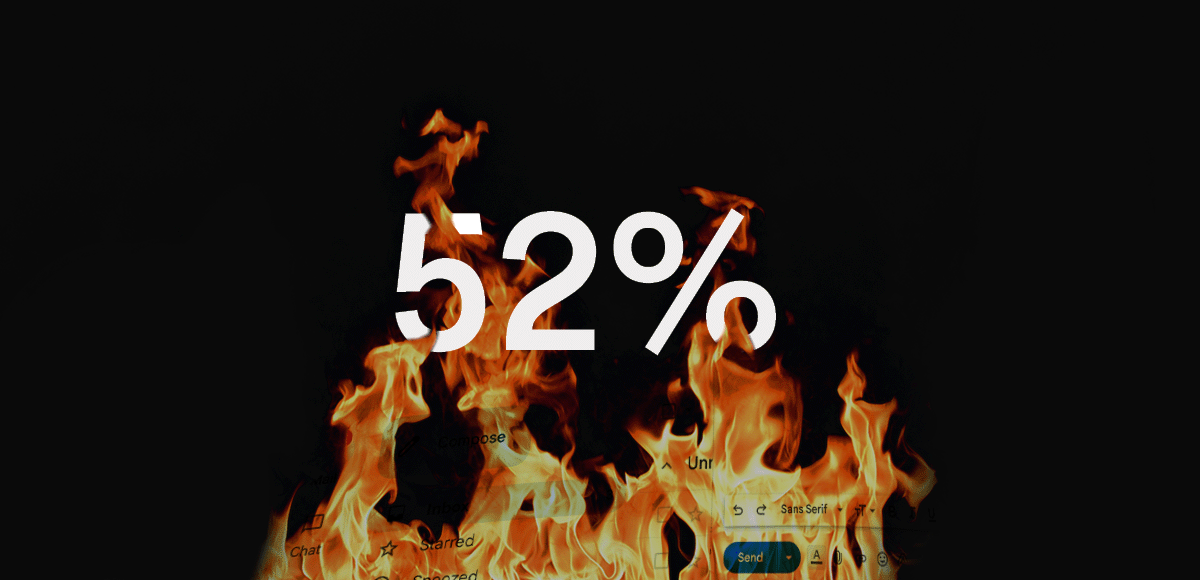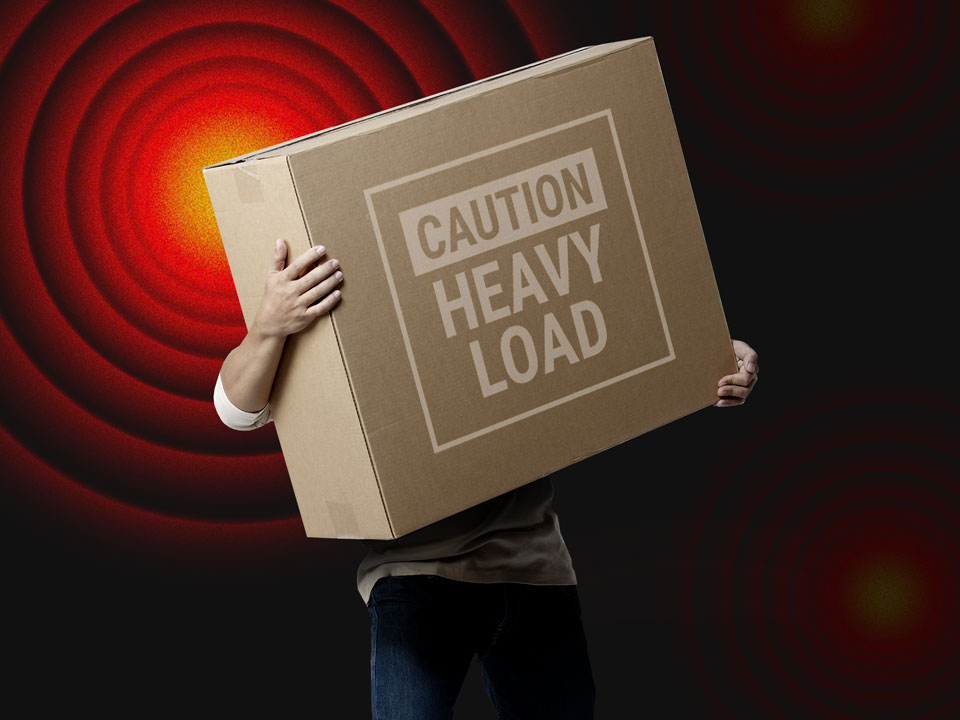What exactly is trauma therapy and how do I know if I need it?
Trauma is any disturbing event that scares you, makes you feel helpless, leaves you confused, or stirs up other hard emotions that are so intense that they negatively impact your "attitudes, behavior, and other aspects of functioning" going forward, according to the American Psychological Association.
Whether you grew up in an unsafe environment, witnessed a tragic accident, survived one, or experienced something else traumatic, circumstances like these can scare the shit out of us and shift how we feel and function in everyday life.
But the effects of trauma are as wide-ranging as the things that can traumatize us. On the more intense end of the trauma symptom spectrum, some can have flashbacks, avoid specific people and places, or experience depression, says clinical and forensic psychologist Demara Bennett, PsyD. Some might also develop a trauma- and stressor-related disorder, like post-traumatic stress disorder, she says.
Turns out, there's no official authority that regulates what trauma therapy is, how it's defined, and who gets to practice it. That makes this question a little tricky to answer. But, on a basic level, trauma therapy is therapy that's meant to help you heal from thoughts and feelings caused by trauma, says Dr. Bennett.
The therapeutic modalities used in trauma therapy are ones that've been shown to improve severe symptoms of trauma or were developed to do so (even if there's not quite enough evidence yet to prove they work). These include eye movement desensitization and reprocessing and prolonged exposure.
If you've been dealing with severe trauma symptoms, you'd definitely benefit from finding a trauma therapist. And that's true even if you're not sure what brought them on in the first place, says clinical psychologist Jessica Punzo, PsyD. "Trauma is subjective," she explains. "Therapists are not detectives; they're not here to prove that you had a traumatic experience." Instead, they're here to help you deal with the aftermath in a way that feels safe and holds space for whatever you went through.
Keep reading to learn more about the different types of trauma therapy you can try.






Nema komentara:
Objavi komentar